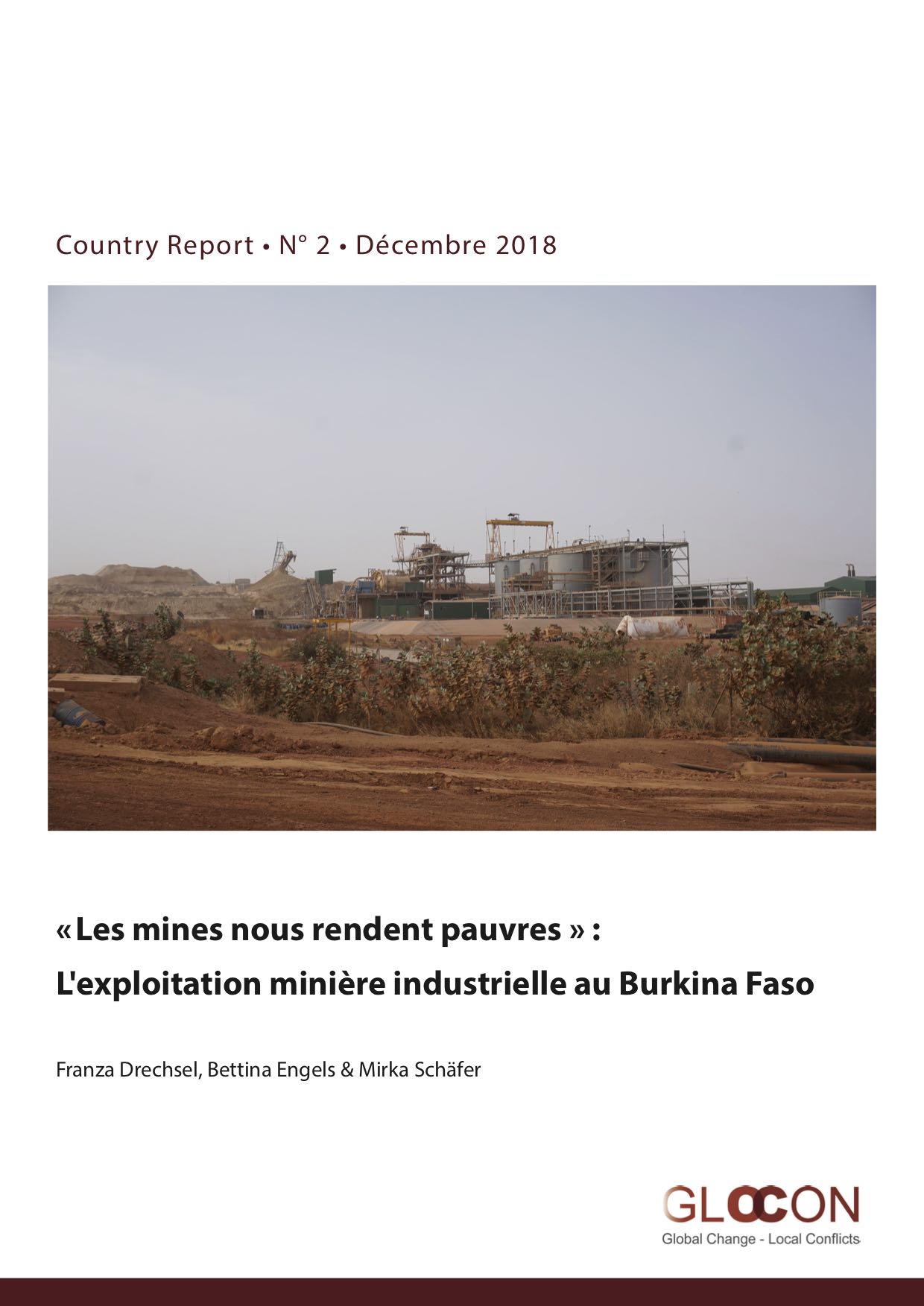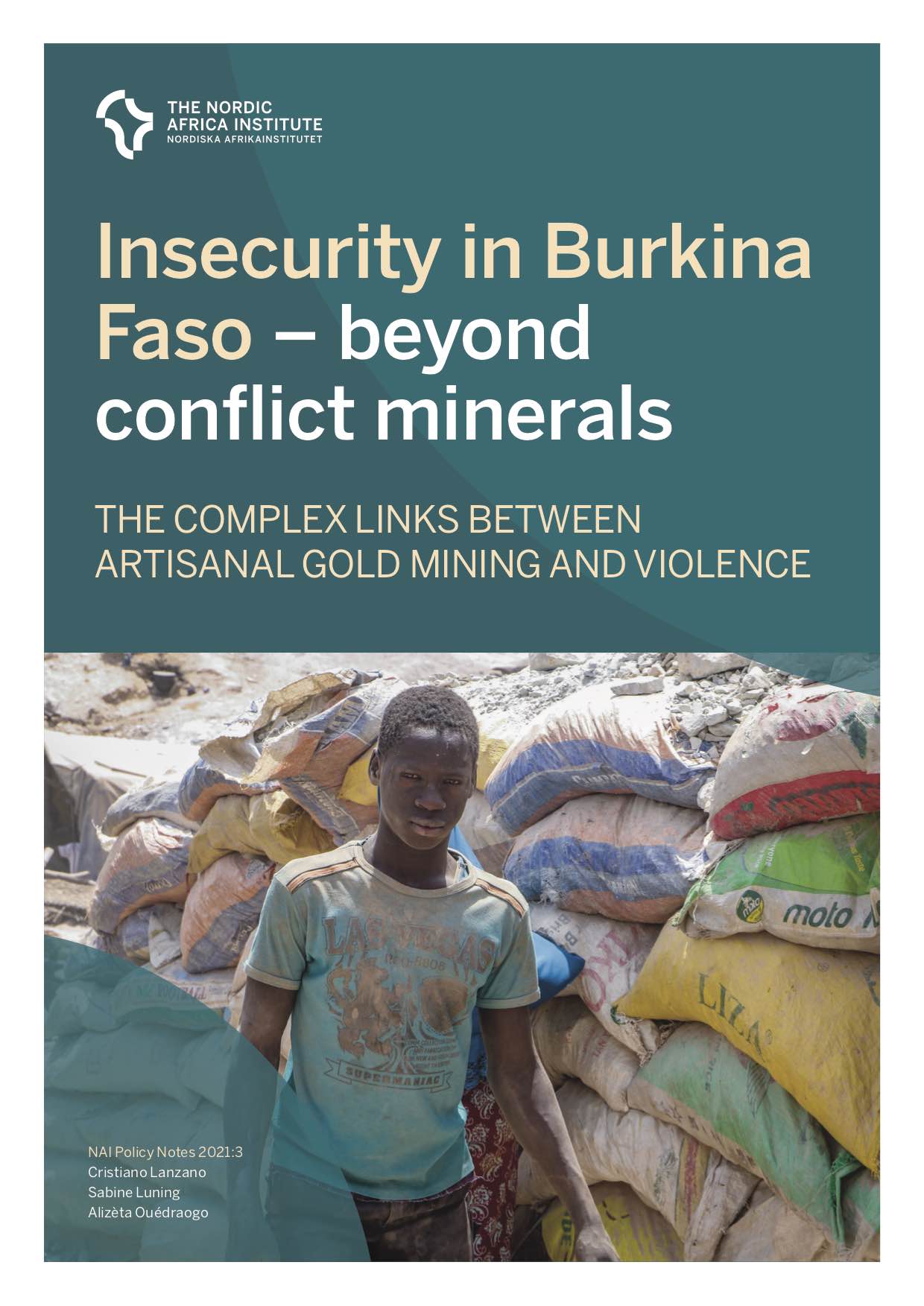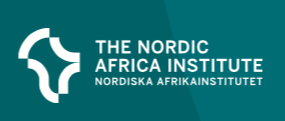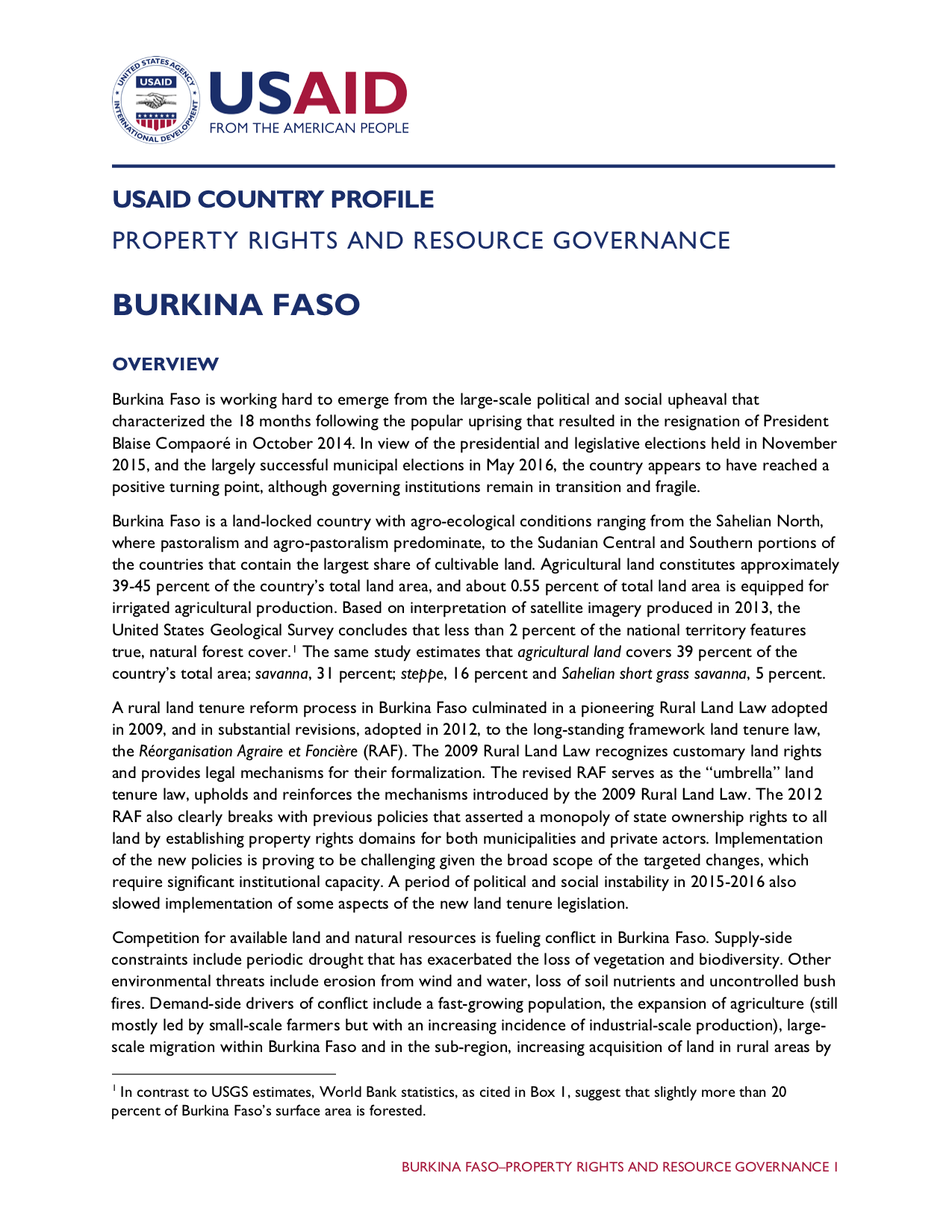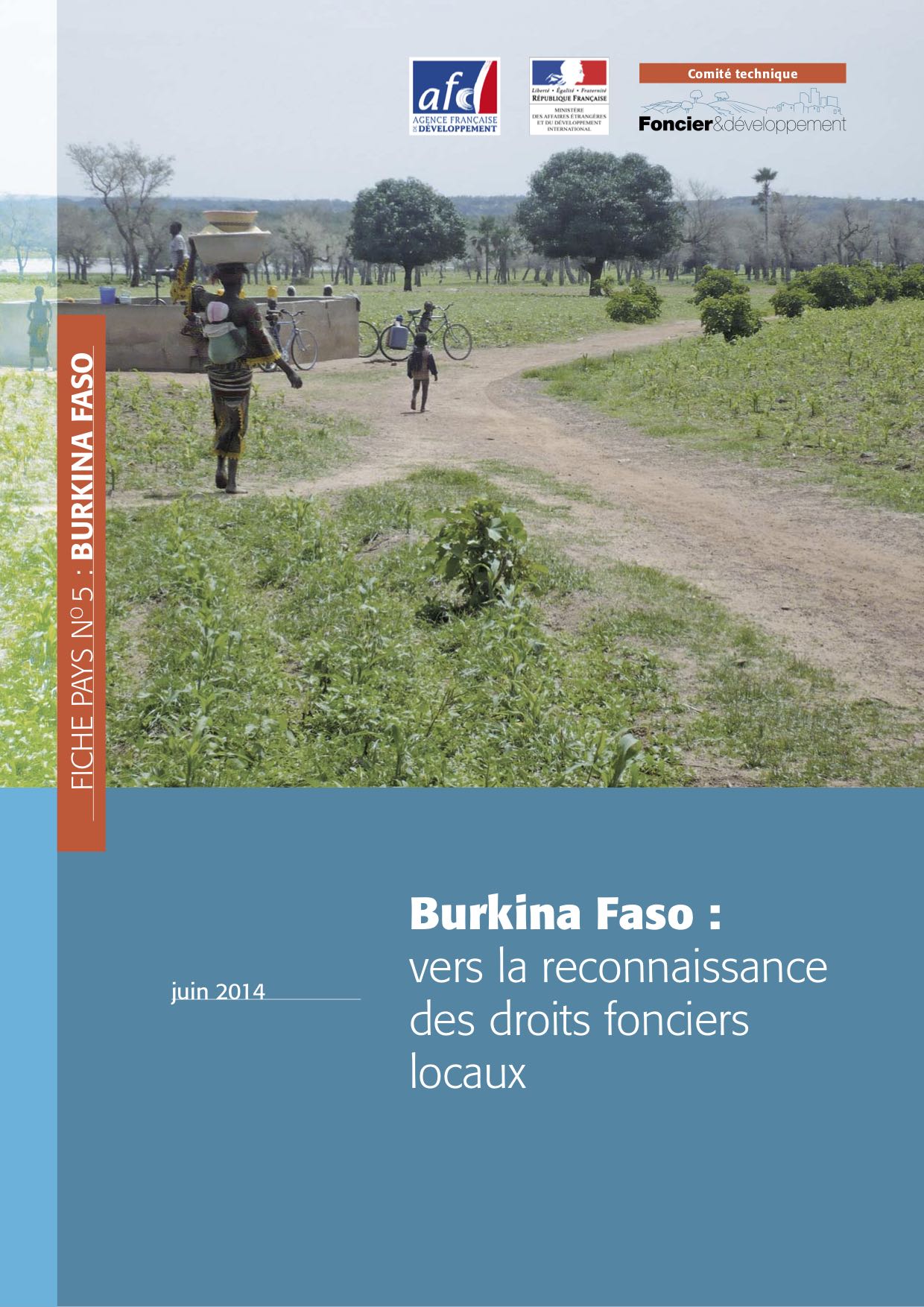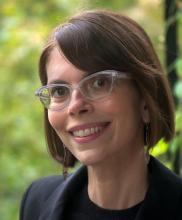
Topics and Regions
Marie covers francophone Africa as a Land Portal’s Country Research and Engagement Consultant. Her first encounter with Africa was in 2007 in Senegal, where she frequently travelled back with renewed interest and enthusiasm each time. Marie earned a PhD in political science from the University of Toronto. She previously completed her Bachelor’s and Master’s degrees in sociology at Laval University, Quebec City. Her scholarly expertise focuses on land access, agricultural development, natural resource management, and food security. Marie also has extensive professional experience conducting policy research for rural development.
------------------------------------------------------------------------------
Marie couvre l'Afrique francophone en tant que consultante pour le Land Portal. Sa première rencontre avec l'Afrique a eu lieu en 2007 au Sénégal, où elle est depuis fréquemment retournée avec un intérêt et un enthousiasme renouvelés à chaque fois. Marie a obtenu un doctorat en science politique de l'Université de Toronto. Elle a auparavant complété un baccalauréat et une maîtrise en sociologie à l'Université Laval à Québec. Son expertise porte sur l'accès à la terre, le développement agricole, la gestion des ressources naturelles et la sécurité alimentaire. Marie a également accumulé une vaste expérience de recherche à l'extérieur du monde universitaire en lien avec les politiques de développement rural.
Details
Affiliation:
Location
Contributions
Displaying 161 - 170 of 196“The mines make us poor”
GLOCON's new country Report examines the impact of industrial mining in Burkina Faso on the local population, focusing on the view of residents of six industrial mining locations. Surveys in the affected villages demonstrate that, in contrast to the promises of mining companies and state authorities, the opening of the mines has not improved the conditions of living in the villages. On the contrary, respondents emphasise negative impacts on their livelihoods and health, and that they feel disrespected by the mine operators.
« Les mines nous rendent pauvres »
Le nouveau report de GLOCON examine l'impact de l'exploitation minière industrielle au Burkina Faso sur la population locale ; il présente la perspective des résident·e·s de six mines industrielles. Des enquêtes dans les villages riverains montrent que, au contraire qu’aux promesses faites par les sociétés et les autorités étatiques, les conditions de vie ne se sont pas améliorées. Par contre, les répondant·e·s rapportent la perte de leurs moyens de subsistance et des problèmes de santé, ainsi qu’un comportement irrespectueux de la part des sociétés minières.
GLOCON
“Global change – local conflicts? Land conflicts in Latin America and sub-Saharan Africa in the context of interdependent transformation processes” (GLOCON) is a Junior Research Group working on the correlation between global change and local conflicts over land. The research project explores how global spatial-temporal transformation processes affect local land conflicts in sub-Saharan Africa and Latin America. Its focus lies furthermore on the analysis of systematic similarities and differences between those regions.
Secteur minier : « Nous allons travailler pour que l’or et les autres métaux brillent pour tous », Adama Soro, président du CMB
Adama Soro, vice-président chargé des relations du Groupe Endeavour pour le Burkina Faso, est le nouveau président de la Chambre des mines du Burkina (CMB) depuis le 25 juin 2021. Dans cet entretien accordé à Sidwaya, il décline ses ambitions pour le secteur minier burkinabè sous son mandat. Sans langue de bois ni faux-fuyant, il met le doigt sur les problèmes qui minent le secteur, propose des solutions pour réconcilier les burkinabè avec leur secteur minier.
Insecurity in Burkina Faso – beyond conflict minerals
The assumption that the escalating violence in Burkina Faso is caused by the coincident increase in gold mining has, in some cases, led the authorities to close mines. We argue that the violence should rather be seen as a result of long-term trends, such as state disengagement, growing economic dependence on gold and the gradual privatisation of security. We recommend that policy makers reform the governance of the mining sector in dialogue with the artisanal miners, rather than take repressive actions against them.
Insécurité au Burkina Faso – au-delà des minerais de conflit
L’hypothèse selon laquelle l’escalade de la violence au Burkina Faso est causée par l’augmentation concomitante de l’exploitation aurifère a, dans certains cas, conduit les autorités à fermer des mines. Nous soutenons que l’escalade de la violence doit plutôt être considérée comme le résultat de tendances de longue date telles que le désengagement de l’État, la dépendance économique croissante à l’or et la privatisation progressive de la sécurité.
Nordiska Afrikainstitutet/The Nordic Africa Institute
The Nordic Africa Institute conducts research and offers resources that help further understanding about contemporary Africa. We believe that research-based knowledge and analysis offer a solid base for informed decisions and contribute to the fulfilment of the global development agenda.
The Nordic Africa Institute is a Swedish public agency, jointly financed by the Nordic countries Sweden, Finland and Iceland.
Gold Mining in Burkina Faso Becomes Increasingly Dangerous
BOUSSÉ — Terror attacks on gold mining operations in Burkina Faso are becoming a regular occurrence. For VOA, reporter Henry Wilkins looks at the impact the attacks are having on the lives of survivors and what it could mean if extracting gold, the country's primary source of income, becomes too dangerous.
“Boukare,” whose name has been changed to protect his identity, is a survivor of the Yirgou massacre.
The attack by an unknown terror group in June this year targeted a small informal gold mining site, like this one, and killed at least 160 people, mostly mine workers.
USAID Country Profile: Property Rights and Resource Governance - Burkina Faso
Burkina Faso is working hard to emerge from the large-scale political and social upheaval that characterized the 18 months following the popular uprising that resulted in the resignation of President Blaise Compaoré in October 2014. In view of the presidential and legislative elections held in November 2015, and the largely successful municipal elections in May 2016, the country appears to have reached a positive turning point, although governing institutions remain in transition and fragile.
Fiche pays No 5: Burkina Faso
Notre revue historique du droit foncier au Burkina Faso montre qu’il y a un lien entre construction juridique de la propriété et construction de l’État. En disant qui est propriétaire et qui ne l’est pas, de même qu’en disant quels sont les régimes de propriété reconnus et quelles sont les preuves des faits de possession sur lesquels ils reposent, l’État construit son rapport avec son territoire et les sociétés locales qui le peuplent.



